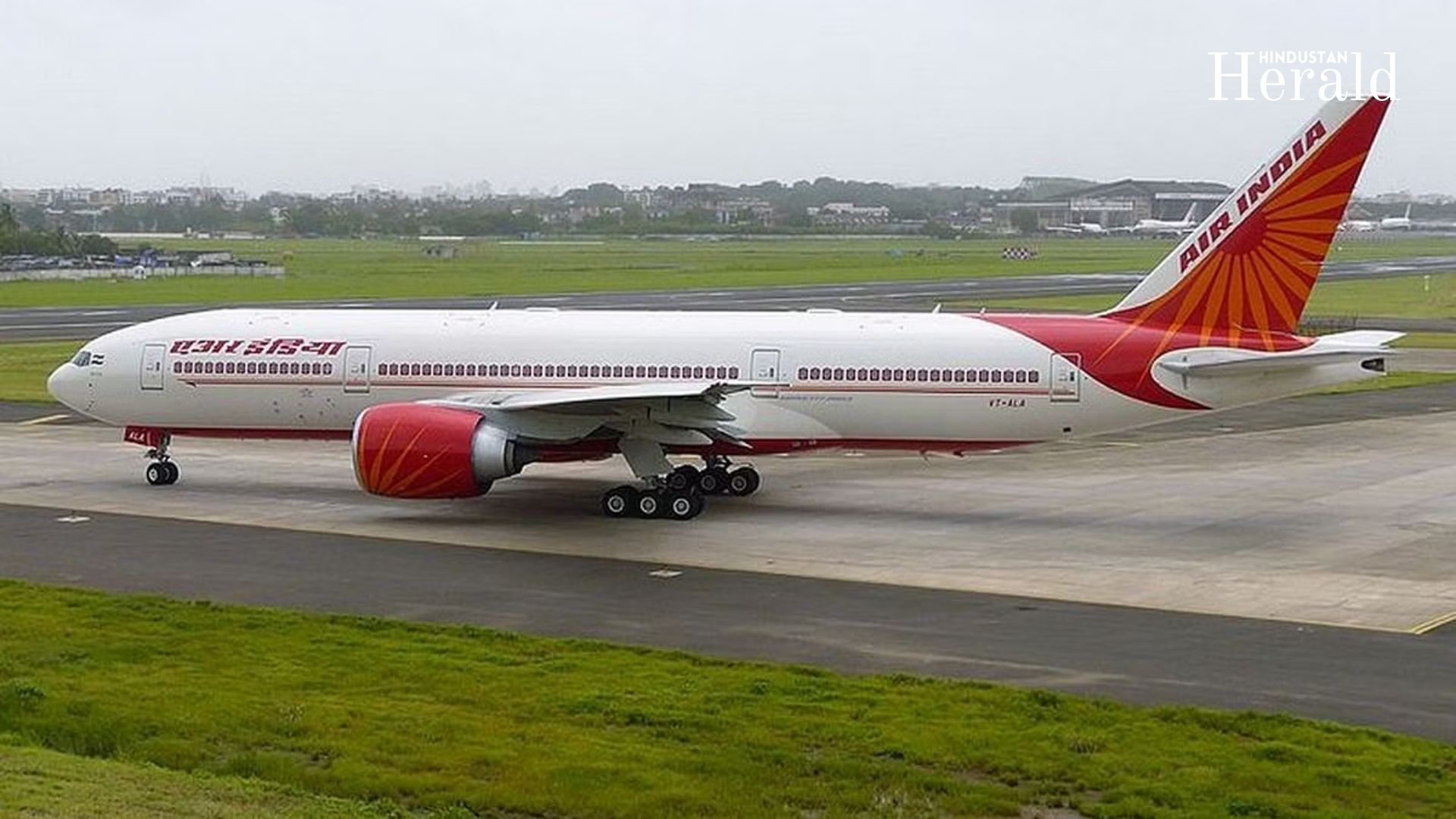Air India Crew Occupying Business Class Sparks Passenger Outrage on Delhi-Chicago Route

Table of Contents
Chicago/New Delhi, April 8, 2025 — India’s national carrier Air India is facing a fresh wave of service-related backlash, as multiple long-haul passengers report being forcibly downgraded from business class, allegedly to allow crew members to occupy premium seats for in-flight rest. The repeated incidents raise serious questions about internal practices, even as the airline pursues sweeping modernization and privatization reforms under the Tata Group.
The controversy centers around the 12,080-kilometer Delhi (DEL) to Chicago O’Hare (ORD) route, one of Air India’s flagship international services, now repeatedly flagged for questionable seat reassignment tactics.
Air India Crew Using Business Class for Rest, Passengers Downgraded
Several flyers have reported being told at the gate that their business class seats had “technical issues”—mostly citing non-reclining seats. In these cases, passengers were presented with pre-printed downgrade forms, labeled specifically for flight AI126, suggesting a systematic practice, not isolated instances.
One flyer, suspicious of the explanation, inspected her assigned seat only to discover a minor tray table fault. What she found more alarming was that entire rows of business class seats had been cleared, which were later used by the crew for sleeping during the flight.
“They told me my seat wasn’t functional. I checked and only the tray was loose. Meanwhile, multiple empty rows in business were being used by crew,” the passenger told Viewfromthewing.
Her return journey revealed a similar pattern, confirmed by fellow travelers who had encountered the same scenario before.
Legacy Issues Persist Post-Privatization
Air India, long plagued by a reputation for poor customer service, aging cabins, and operational mismanagement, had hoped its 2022 privatization under the Tata Group would signal a turning point. However, incidents like those reported on the Delhi-Chicago route indicate residual cultural and systemic issues.
Previously a state-owned enterprise, Air India had been criticized for:
- Unauthorized upgrades for staff
- Substandard cabin maintenance
- Inconsistent service delivery
- Weak customer redressal mechanisms
The current revelations highlight that capital infusion alone cannot overhaul service standards without parallel investment in organizational reform and accountability.
Air India’s New Travel Policy: Economy for All Employees
In response to mounting criticism and to align with a “customer-first” vision, Air India has rolled out a new staff travel policy set to begin from April 1, 2025. Under the policy:
- All employees, including senior pilots and executives, will fly economy class on domestic routes
- Upgrades to premium economy or business will be permitted only if seats remain unsold 50 minutes before departure
- Even the CEO must follow this rule, reflecting a top-down accountability model
A senior Air India official confirmed to TOI:
“The sale of premium seats has doubled post-privatization. From next month, even the CEO will only be upgraded if seats are vacant close to departure.”
This move is being hailed as a symbolic and practical commitment to equitable service for paying customers.
Premium Expansion & Modernization Underway
Air India currently operates 50,000 premium economy seats weekly across 39 domestic routes. The number is expected to rise to 65,000 by October 2025, reflecting the airline’s growing focus on premium travel demand.
Other modernization efforts include:
- A US$400 million cabin retrofit program
- Integration of 53 Airbus A320 family aircraft from Vistara, each equipped with 24 premium economy seats
- Completion of cabin upgrades on 16 aircraft, with 25 more scheduled by October 2025
Despite supply chain delays, Tata Group remains committed to fleet renewal and service transformation across domestic and international routes.
Passenger Trust Under Pressure
However, until frontline service behavior aligns with these policy updates, passenger trust remains fragile. Deliberate downgrades of full-fare customers, masked as “technical issues,” erode brand credibility and contradict the very customer-first ethos Air India now seeks to promote.
Aviation analysts warn that for Air India to reclaim its position in the global market, it must prioritize:
- Transparent crew management policies
- Enforcement of customer rights
- Whistleblower protections for passengers and staff
- Accountability systems for on-ground and in-flight service teams
Reforms at a Crossroads
Air India, now owned by the Tata Group, stands at a pivotal juncture. Its ambitious transformation vision includes fleet expansion, cabin revamps, and operational resets. But unless the internal service culture is realigned, even state-of-the-art aircraft and new policies will fall short of customer expectations.
As India continues its rise as a global aviation hub, the stakes are high. Passengers, particularly on premium long-haul routes like Delhi to Chicago, are watching closely.
The question remains: Will Air India’s service culture catch up with its modernization plans?
The Hindustan Herald Is Your Source For The Latest In Business, Entertainment, Lifestyle, Breaking News, And Other News. Please Follow Us On Facebook, Instagram, Twitter, And LinkedIn To Receive Instantaneous Updates. Also Don’t Forget To Subscribe Our Telegram Channel @hindustanherald









